From destruction to reconstruction: The forgotten consequences for Lebanon
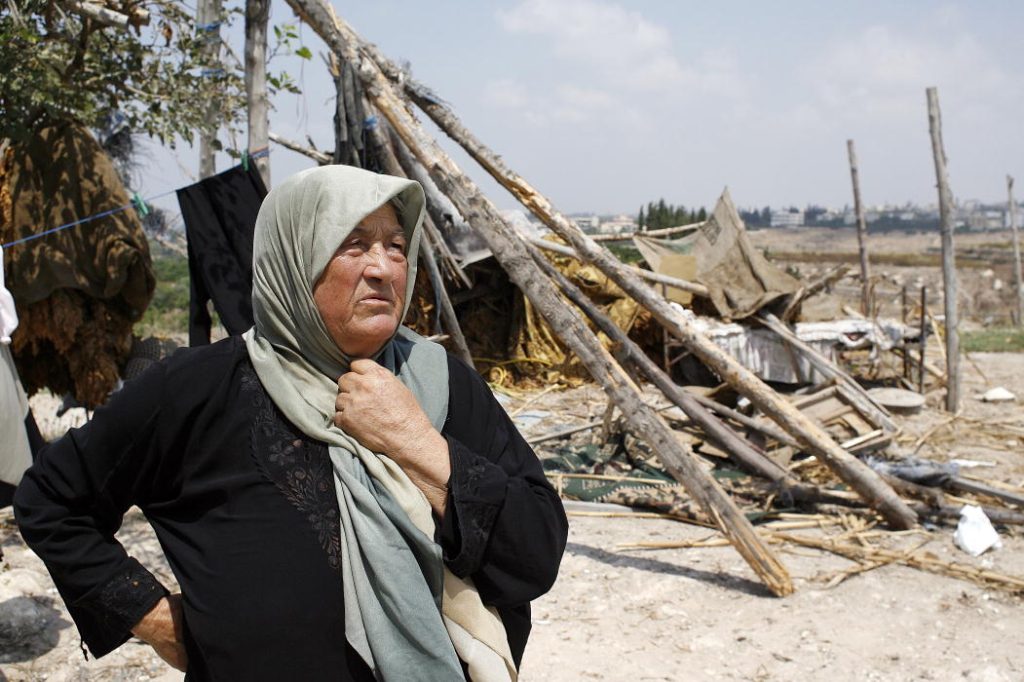
Lebanese woman stands amid the ruins of conflict - Flickr From the Israeli ground invasion on 1 October 2024 to the ceasefire on 26 November, Lebanon turned from intense conflict to a period of (relative) relief and (hopeful) return home. But the country - mainly the south and the capital [...]
Israel-Lebanon: a second front?
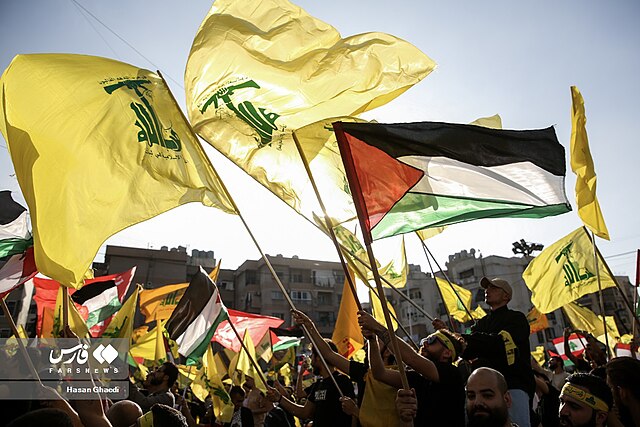
Photo: Meeting during Hezbollah leader Nasrallah's speech in November - Wikimedia Commons Hamas' attack on Israel, on 7 October, has caused increasing tensions and risk of escalation in the region, including in the Israel-Lebanon border region. (Air) attacks back and forth are claiming lives of soldiers and innocent civilians. Hezbollah [...]
Growing drug problem in Jordan and Lebanon
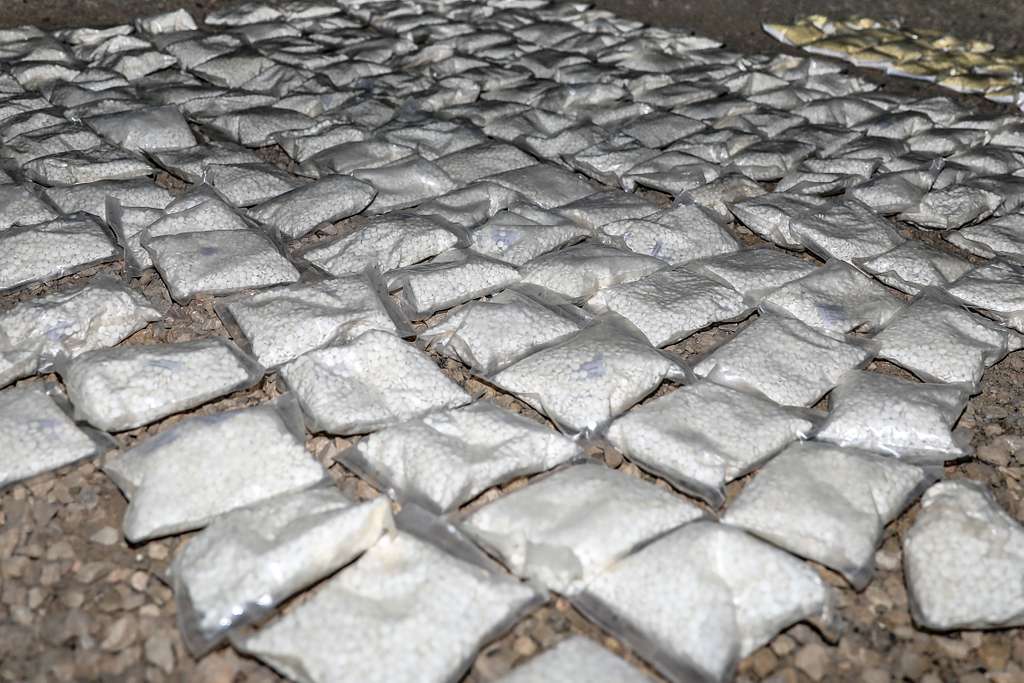
The drug captagon is causing a major problem in the Middle East. The drug emerged in the early 2000s when IS distributed it to its warriors, but soon spread to the rest of the population. It has become the drug of choice for young people in the Middle East and North Africa. The growing demand has led to a booming [...]
Opposition wins in Lebanese elections, but status quo threatens to persist
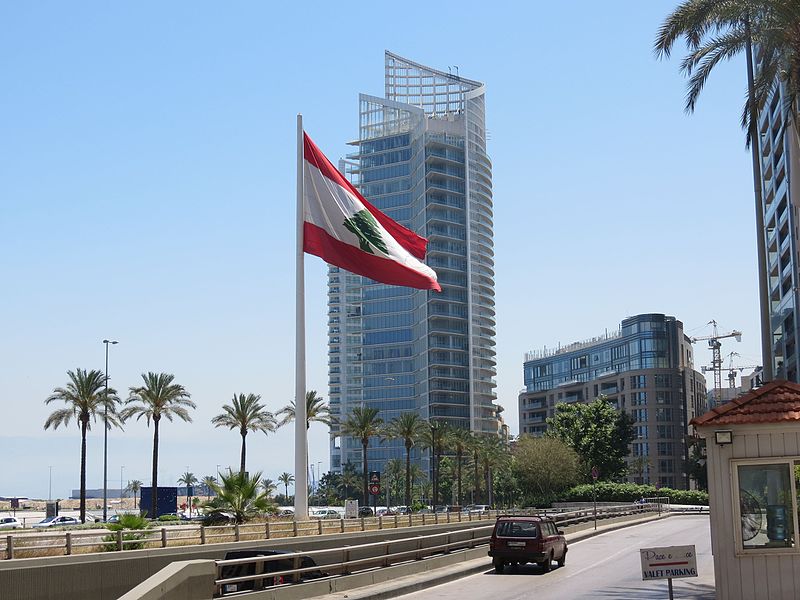
Last Sunday, 15 May, Lebanon held parliamentary elections. They were long awaited in the crisis-ridden country. An economic depression caused by political mismanagement, the coronavirus pandemic and the port explosion in Beirut in August 2020 have brought the country to the precipice. More than 70 per cent of Lebanese residents now live below poverty line.
Lebanon: a year after the Beirut explosion, still at the edge of the ravine
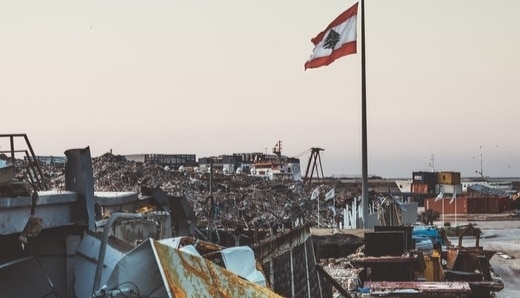
It is exactly a year today since Beirut was rocked by one of the heaviest non-nuclear explosions ever. And still the Lebanese people have not received answers to the most basic questions: Why were 2,750 tonnes of ammonium nitrate stored in the port of a world capital? Who owned the explosives? And who knew about their presence in the port storage facility? The chief investigator of the Lebanese prosecution had been sacked shortly before the disaster, so a new one had to be appointed hastily. It was soon crystal clear to this investigator that the investigation should also focus on the responsibility of high-ranking officials and politicians. Fully in line with the expectations of many Lebanese - who have lost any shred of trust in the ruling class - this investigator too was dismissed, as he threatened the position of (members of the) Lebanese elite. It typifies the Lebanese system steeped in corruption and nepotism. While the country is still recovering from a disastrous explosion, it now seems to be facing an imminent implosion. What the distance is between today's Lebanon and that deep ravine is the question for many - but one fears it will not be much. The country is in a deep political crisis, to which economic, financial and social crises have also been added in recent years.
Finally a new government in Lebanon
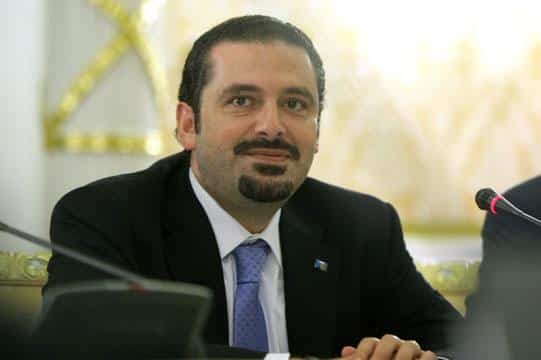
After a nine-month deadlock it was announced on January 31 by Prime Minister Saad Hariri that Lebanon formed a new government. Hariri has been negotiating with Lebanon's rival parties since the parliamentary elections last May. The political system that is based on a power-sharing agreement between religious groups lies at the heart of this long process. The main obstacles concerned the Iran-backed Hezbollah group gaining ground in the government and therefore appointing key ministries which would enlarge their sphere of influence.
Refugees in Lebanon: despair or perspective?
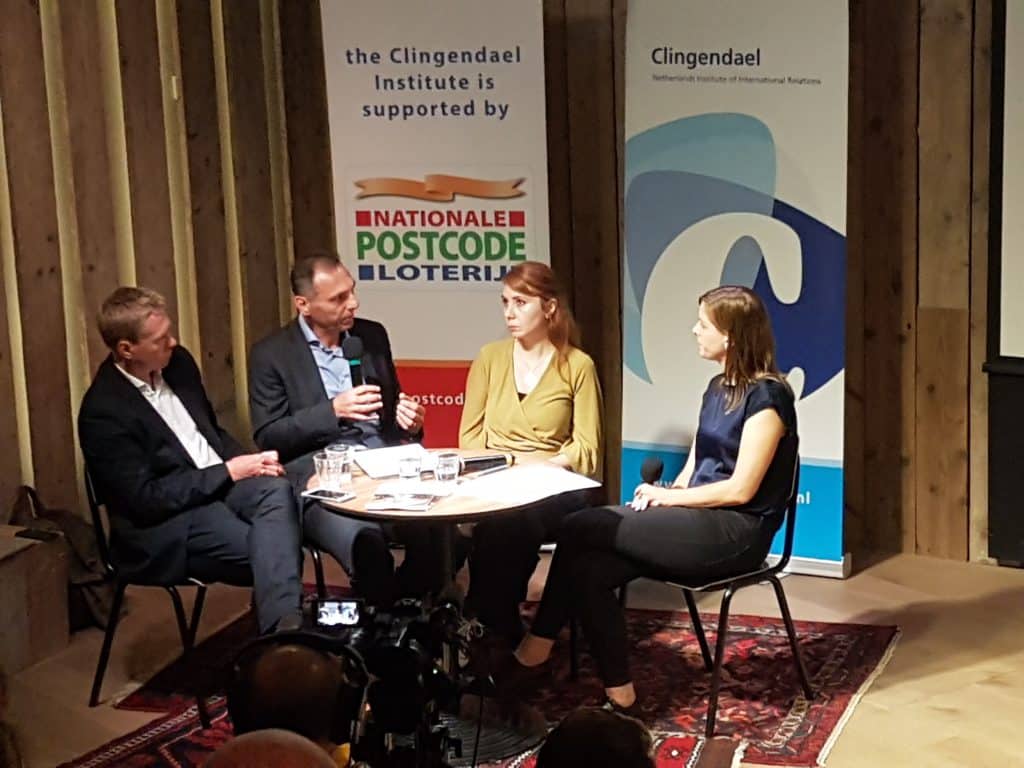
Last week, on September 6, Clingendael organised the debate "Refugees in Lebanon: despair or perspective?" at Humanity House in the Hague, to present and discuss their recently published report on the issue of refugee protection in Lebanon. Relevant as the topic is, a small FMS delegation also attended this event. After a short introduction by the Institute's general director Monika Sie, moderator Saskia Baas, head of the Durable Solutions Platform in Amman, introduced the two authors of the report, Clingendael senior research fellow Ana Uzelac and research fellow Jos Meester. What followed was a discussion of the report by its authors and the moderator.
Majority for Hezbollah and allies in new Lebanese parliament
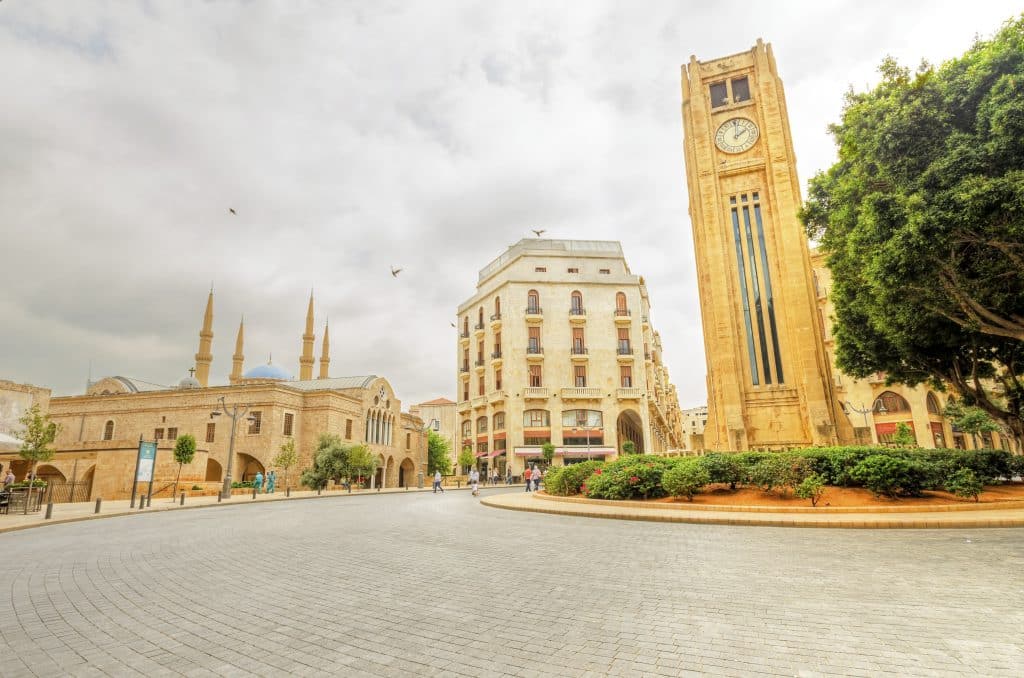
Lebanese had to wait almost nine years for it, but this month they were finally allowed to go to the polls to elect a new parliament. Years of struggle, a presidential vacuum, a new electoral law and the prime minister's announced-but-not-executed departure preceded it. The outcome seemed certain, but still delivers some big surprises. Hezbollah and allies win the majority and Prime Minister Hariri's Future Movement (FM) takes a big hit: from 26 to 19 seats. All parties want a cabinet to be formed soon to tackle the sky-high public debt and boost the economy, but at the same time one blockade after another is being put up. The winners smell their opportunity to bring in more ministries.

